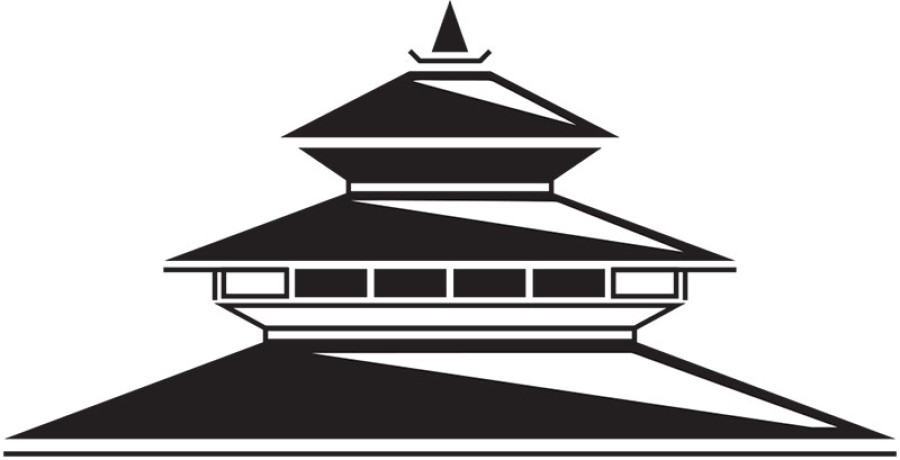Editorial
Learn the lesson
The government has formed a High Level Education Commission to formulate an education policy that will suit Nepal in its new federal structure.
The government has formed a High Level Education Commission to formulate an education policy that will suit Nepal in its new federal structure. The commission has 50 members including education experts, representatives of various communities and ethnic groups, and former bureaucrats, and will be headed by Deputy Prime Minister and Education Minister Gopalman Shrestha.
The government has also formed an 11 member taskforce under former minister Bidyadhar Mallik to assist this commission in drafting its proposals in an expedited manner. Much like every progressive decision the government has taken recently, applaud for finally putting in efforts to update and upgrade the education system has to be balanced with caution and weariness that nothing concrete may come from this commission’s work.
There have been many missteps in the past regarding reform commissions, and the government’s implementation of recommendations from such commissions. Recently, after protests led by Dr Govinda KC over the quality of health care and medical education, a medical education reform committee was formed under education expert Kedar Bhakta Mathema. Though the report published by this committee has been lauded as having pro-people and much-needed recommendations to reform medical education, cronyism has eventually led to a political stalemate—Parliament has yet to pass the Health Professional Education Bill based on the recommendations of this report. This shows that even if the commission were to complete its work satisfactorily, actual implementation of reform policy recommendations has been a far cry.
In the case of education reform, however, there is also a high probability that the commission will fail to even produce a report at all, if past experiences are anything to go by. The HLE commission is the eighth education reform grouping to have been formed since 1950, and it is the second one since the country became a federal republic. The commission prior to this one was formed in March 2015, under then education minister Chitra Lekha Yadav, but was dissolved because experts such as Mathema and Suresh Raj Sharma refused to work under the minister.
Independence is a huge issue when forming such reform commissions. Forming them under Cabinet members creates a high chance that the commission’s integrity will be compromised. Cabinet members are essentially politicians affiliated to one party or another, and it is easy to see how such minister-led commissions may end up adopting recommendations supported by political ideology rather than educational, cultural and globally competitive reforms.
Such fears may not come to pass, and the High Level Education Commission may indeed turn out with an unbiased reform policy report—that too on time. However, would it not have been simpler, more transparent and just plain better to form an independent committee from the get go? When the education policy recommendations do arrive, they hopefully will be unbiased and full of pro-people reforms. And hopefully lawmakers will not create another crony supporting hurdle when passing the reform Bill.




 9.7°C Kathmandu
9.7°C Kathmandu














